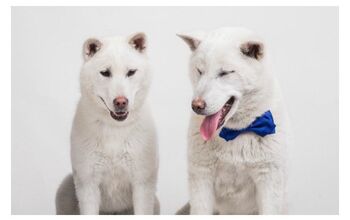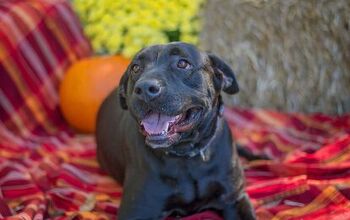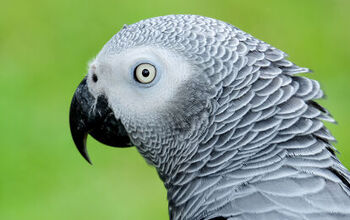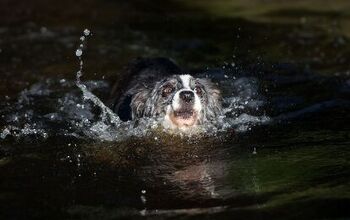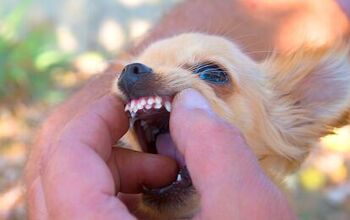Korean Scientists Introduce the World’s First Cloned Litter Of Dogs

If you’ve ever had a dog and thought, “Gosh, if only I could clone him…” you may not be too far from that being a reality. (And, let’s face it…don’t we sort of wish we could clone all our dogs?)
Scientists from the Seoul National University in Korea have cloned a litter of purebred Afghan hounds, and the three puppies’ donor was Sunppy, the world’s first cloned dog.
Related: First Cloned Cat Celebrates Her 15th Birthday
Snuppy was ‘born’ in 2005 when the researchers used an ear cell from a male Afghan Hound named Tai. Tai had cancer, and was euthanized when he was 12-years old. Snuppy was cloned from Tai, literally sharing the same DNA, and after living a happy and healthy life, died of cancer when he was 10-years-old. The researchers said this is within the normal lifespan for the breed, suggesting that despite Dolly the cloned sheep (and first cloned animal) dying at six-years-old, cloned animals do not necessarily have shortened lifespans.
Because of the success Snuppy’s cloning had, the researchers used stem cells they harvested from him in 2010 to clone the three identical puppies, and making them a second-generation of clones.
The puppies are a little bit over a year-old, and the researchers are looking to understand more thoroughly how ‘recloned’ dogs will do in their lifetimes. The three pups were part of a group of 94 embryos who were grown from Snuppy’s stem cells, and then transferred into seven female dogs.
Related: Would You Buy a Genetically Modified Super Dog?
Four of the embryos successfully grew to full-term and were normally formed and healthy at birth. One puppy died a few days after he was born as the result of acute diarrhea, for which no cause was found. The three remaining pups are by all medical standards healthy, and the researchers expect that based on Snuppy’s life, they should not be any more disease-prone or suffer from accelerated aging just because they are clones.
The authors claim that they will use the data from Tai and Snuppy when watching long-term health issues and aging processes of these puppy clones, in an effort to study the longevity and lives of cloned dogs.

More by Lori Ennis






